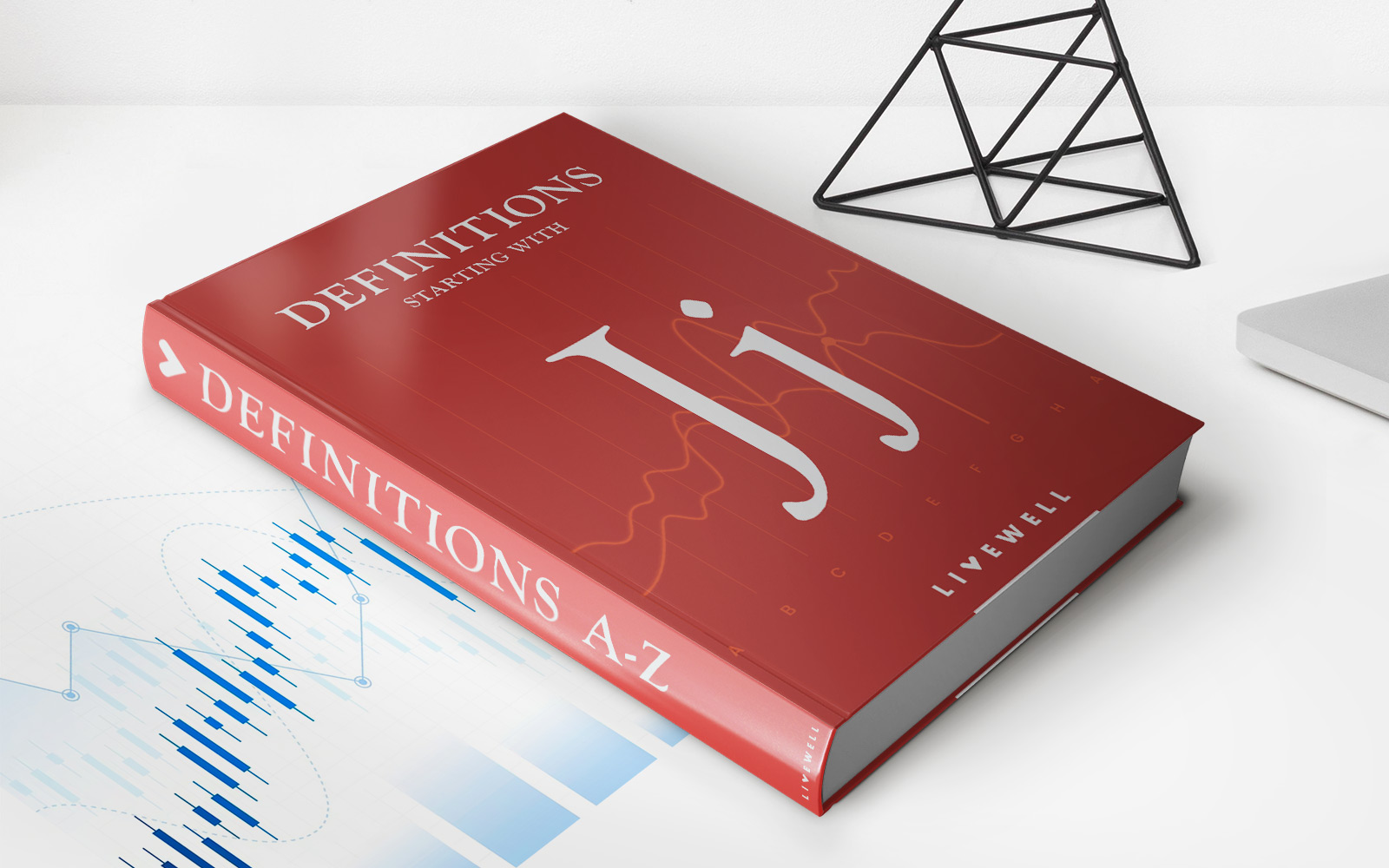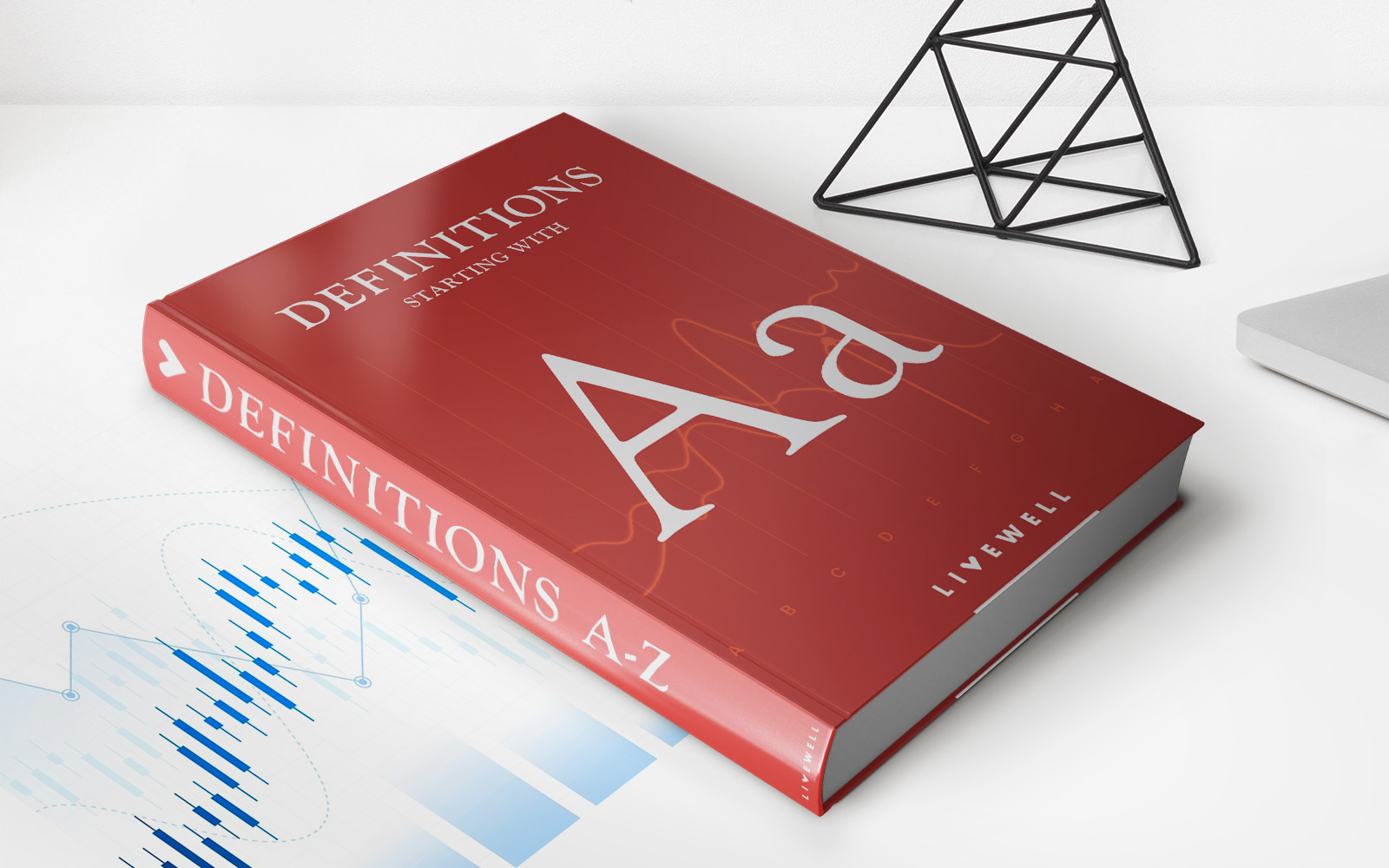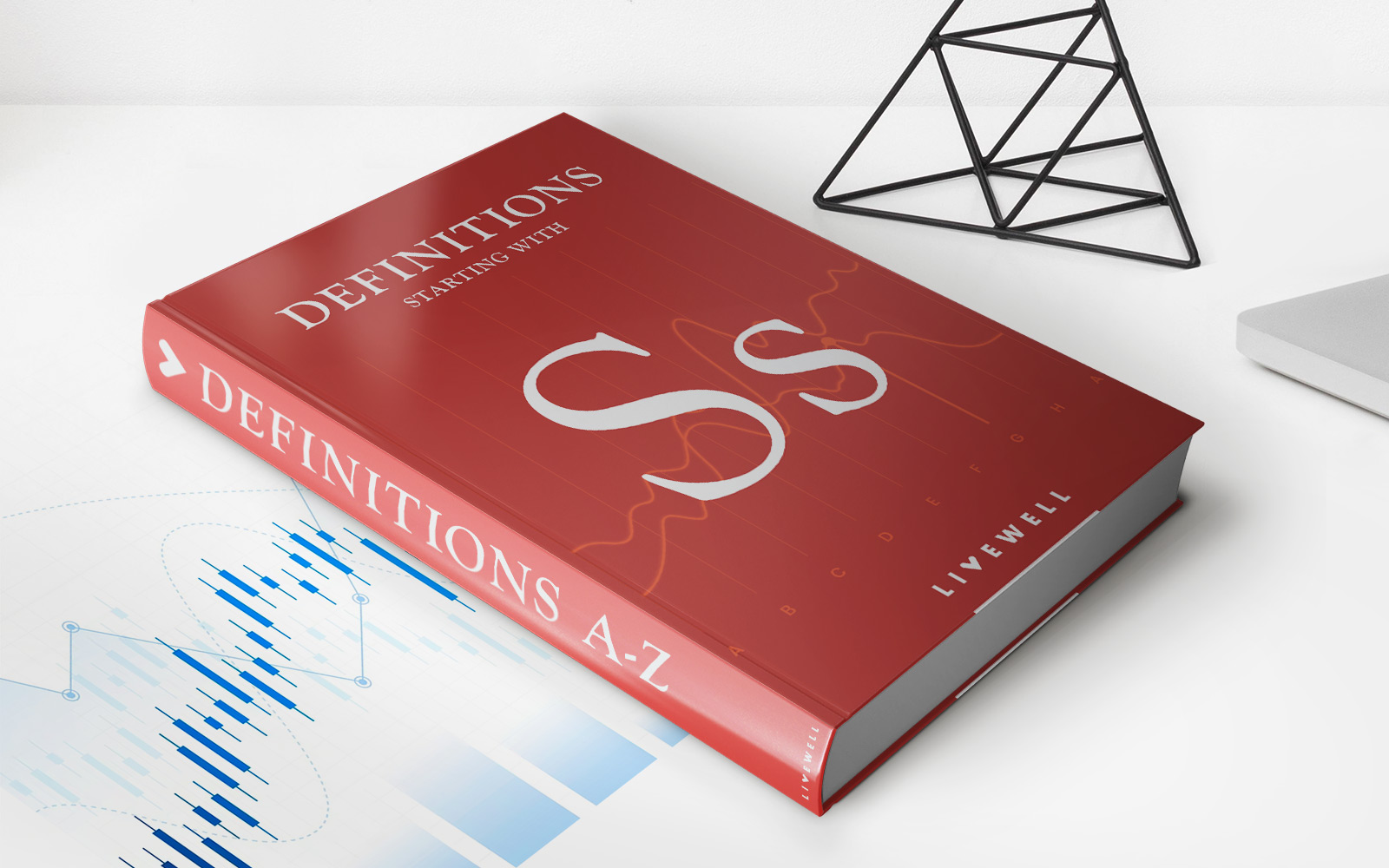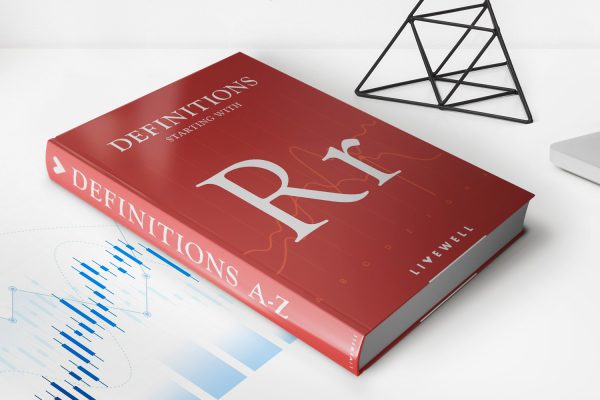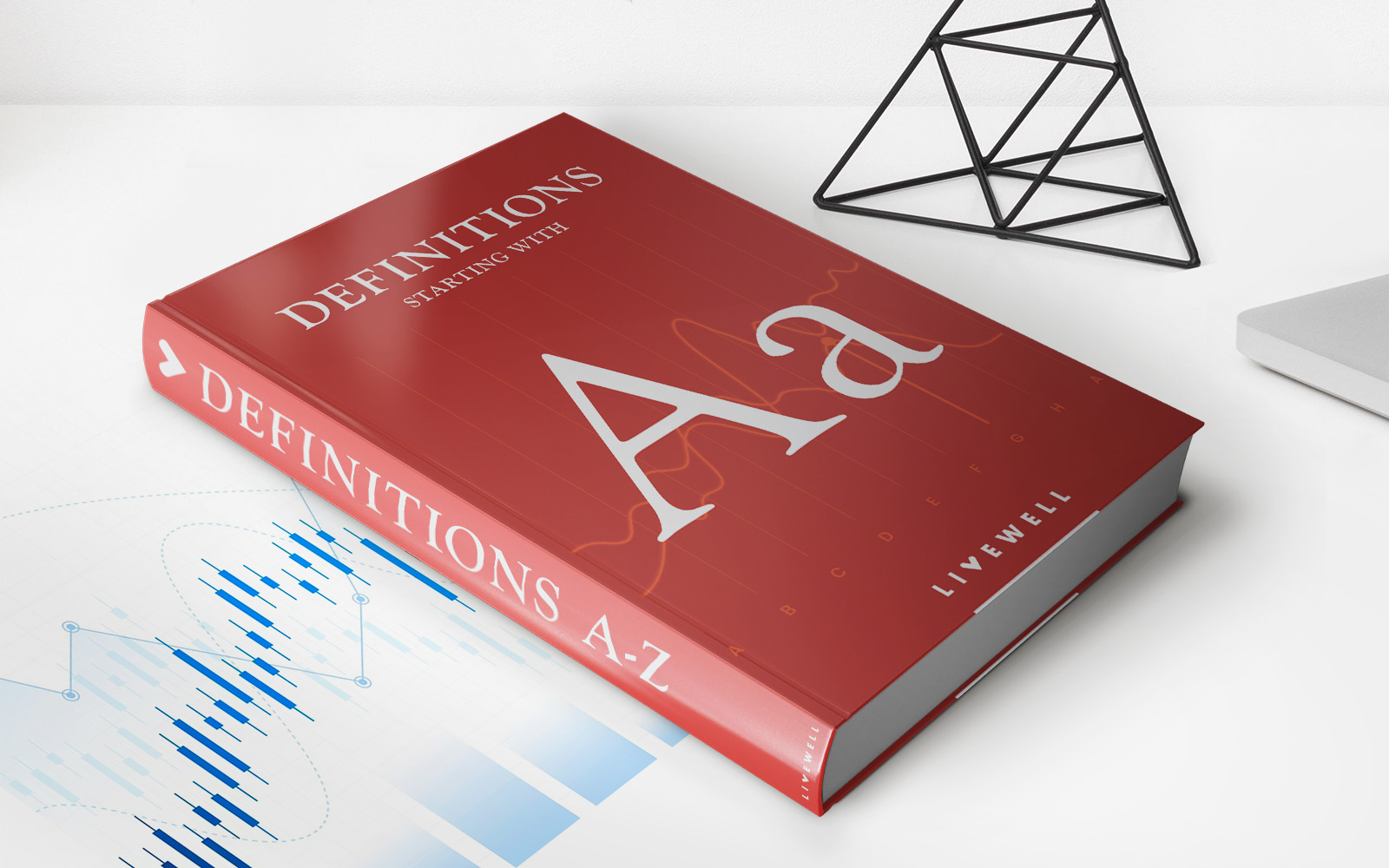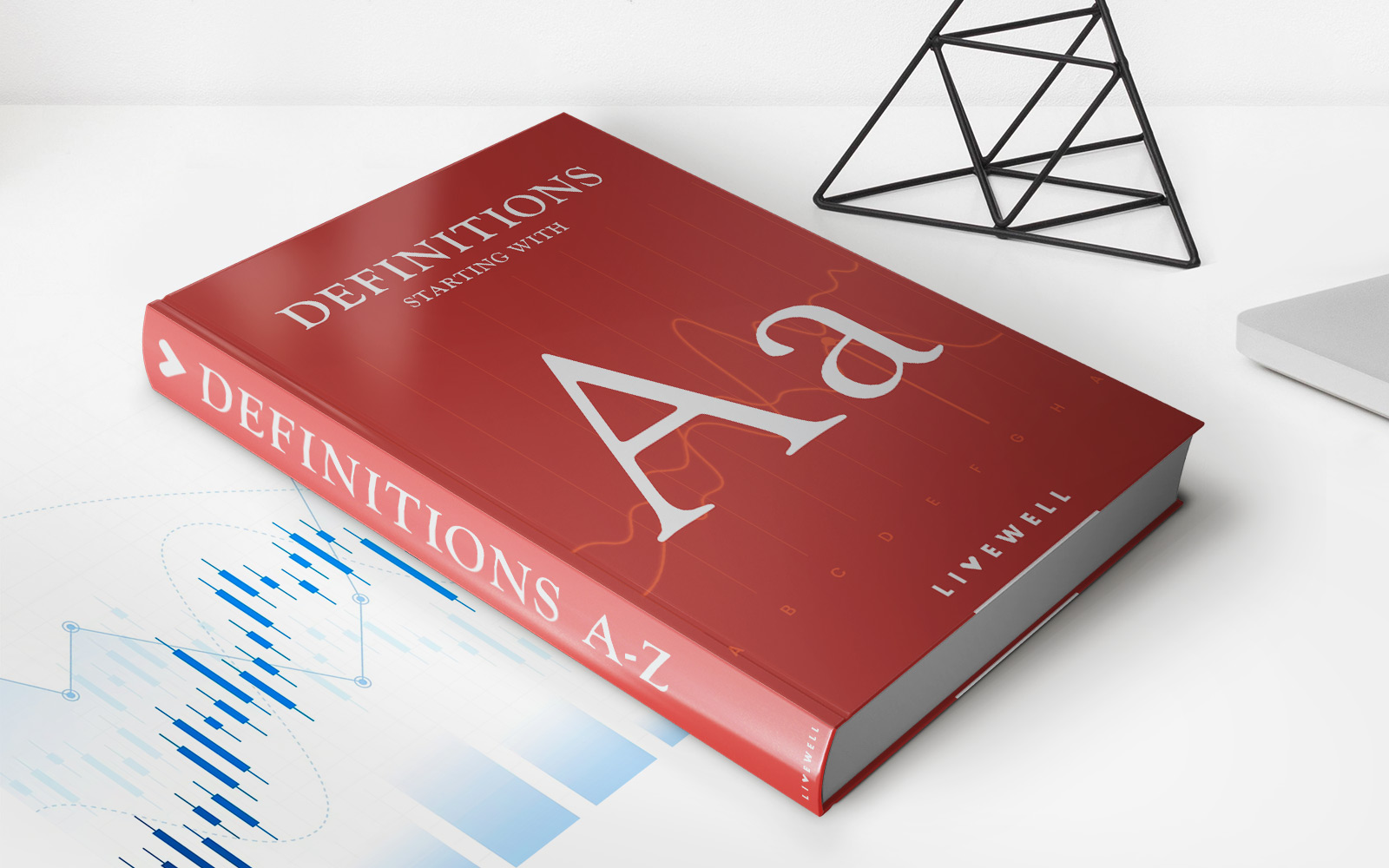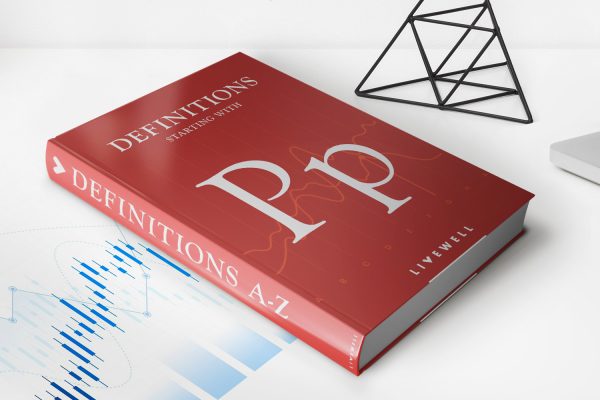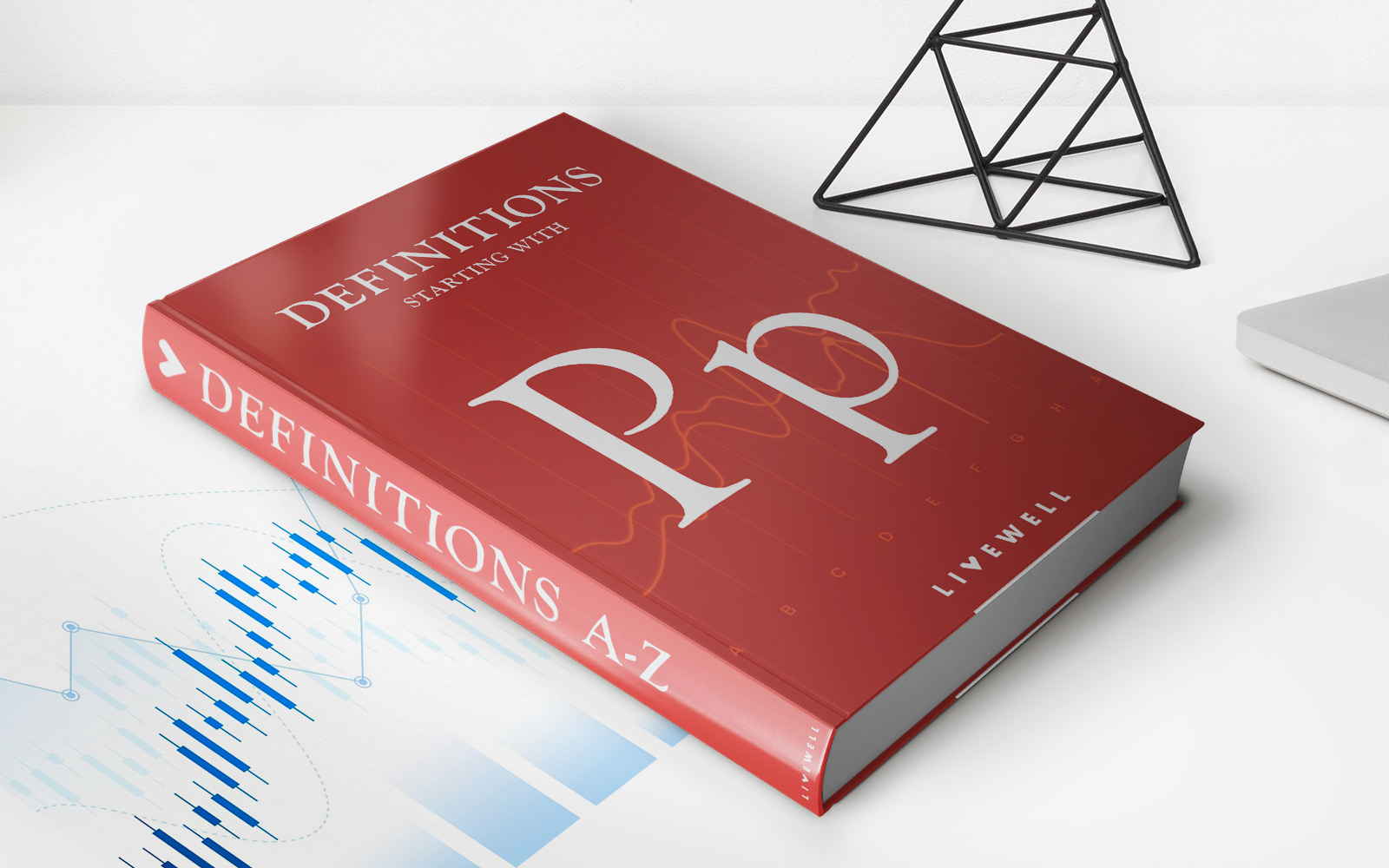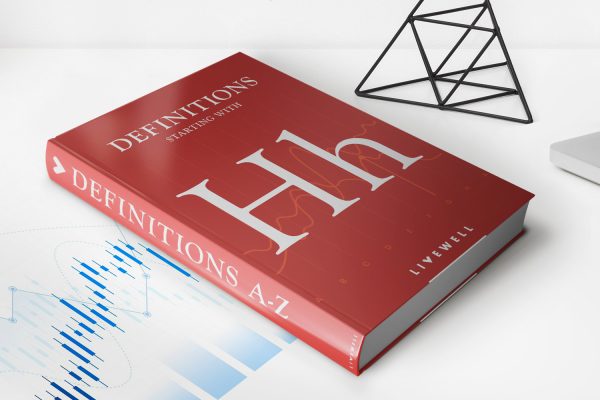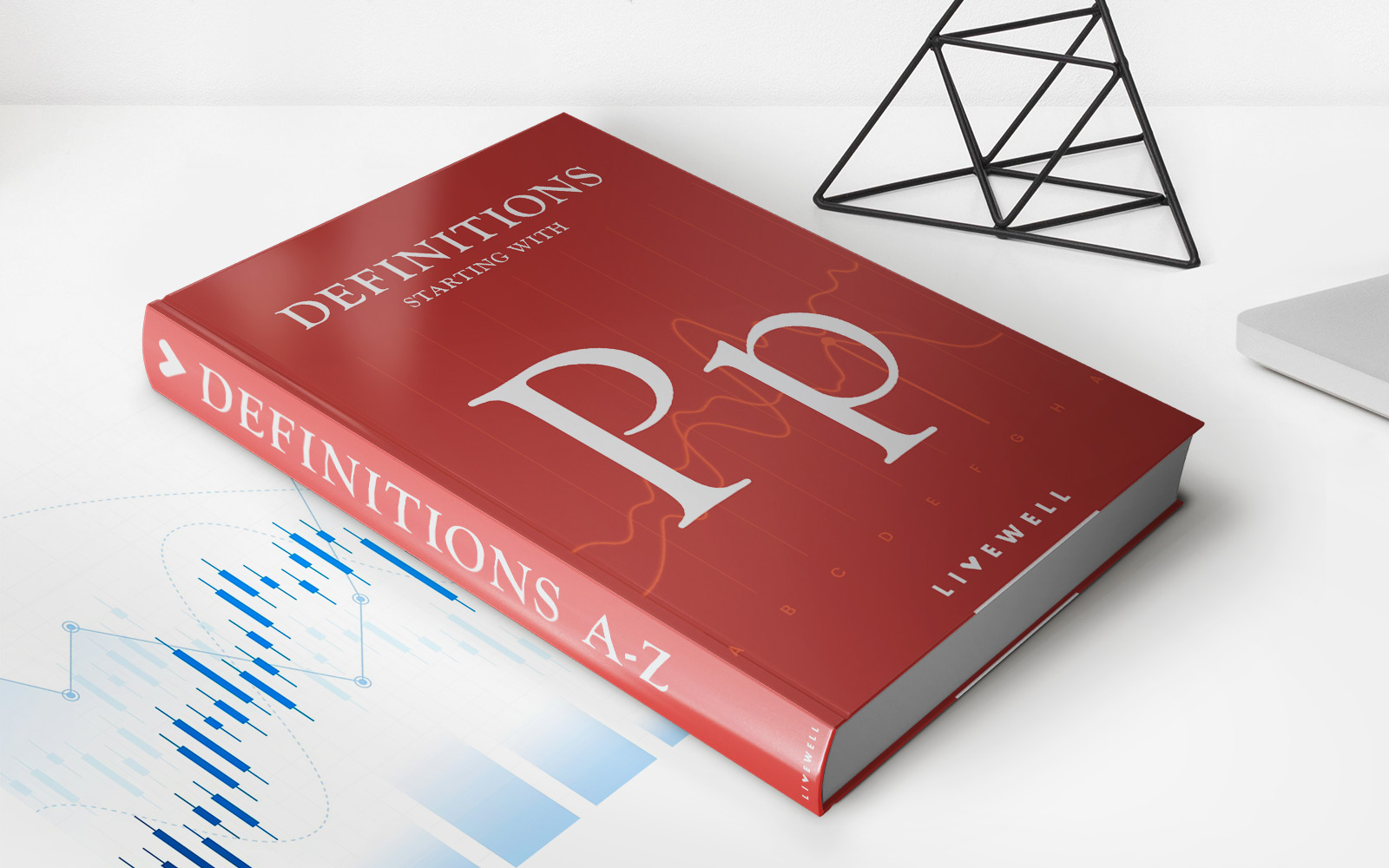Home>Finance>Collection-Proof: Definition, Example, Protected Income & Assets
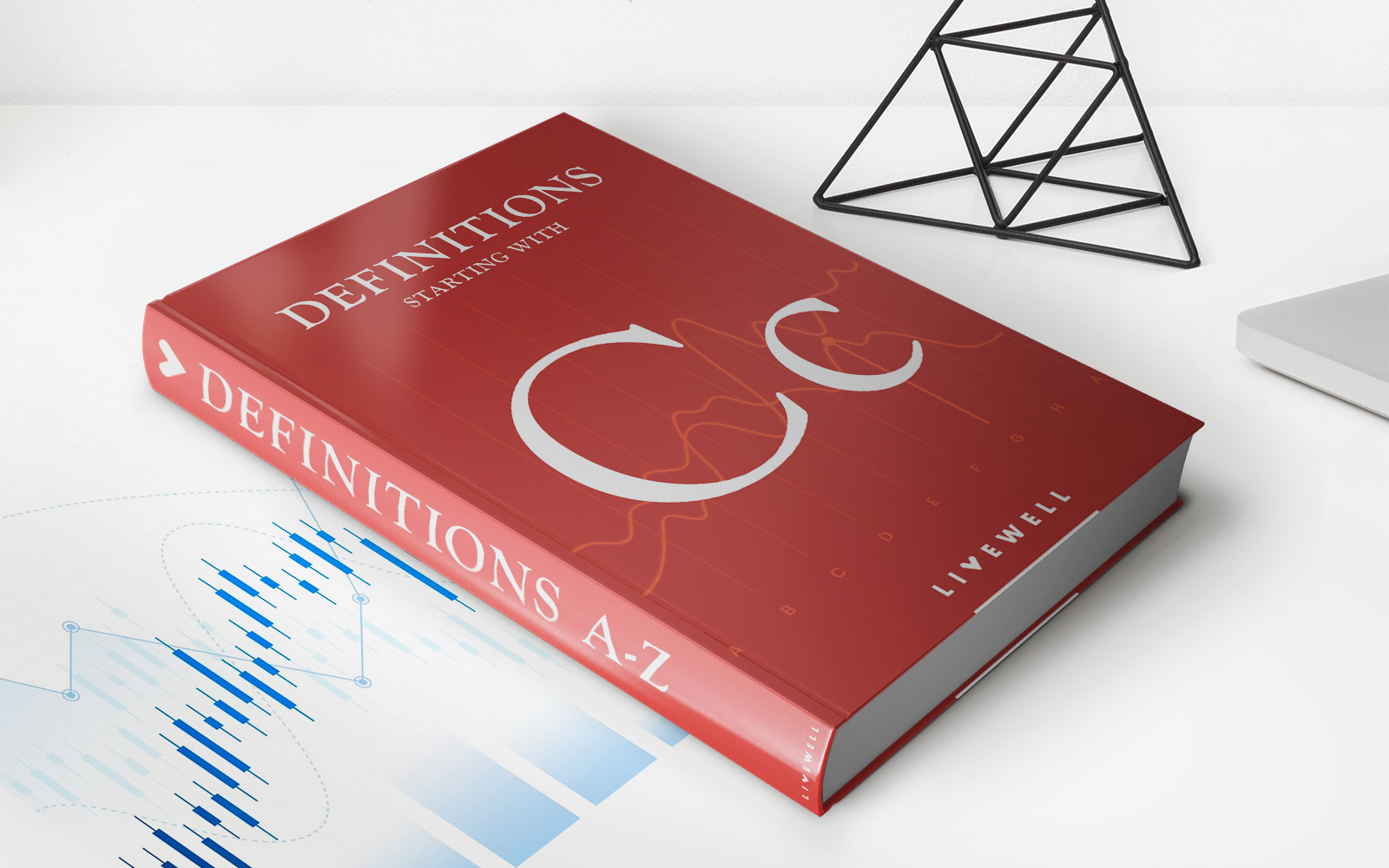

Finance
Collection-Proof: Definition, Example, Protected Income & Assets
Published: October 29, 2023
Learn about finance and how to protect your income and assets from collection with our comprehensive guide on collection-proof strategies, including definitions, examples, and tips to safeguard your finances.
(Many of the links in this article redirect to a specific reviewed product. Your purchase of these products through affiliate links helps to generate commission for LiveWell, at no extra cost. Learn more)
Collection-Proof: Definition, Example, Protected Income & Assets
Understanding how to protect your income and assets from collection efforts can be crucial in maintaining financial stability. In the realm of personal finance, individuals who are collection-proof have certain safeguards in place that make it difficult for creditors to seize their assets or garnish their wages. In this blog post, we will delve into the concept of collection-proof, provide you with a practical example, and discuss the protected income and assets that can shield you from financial strain.
Key Takeaways:
- Being collection-proof means having safeguards in place that protect your income and assets from seizure by creditors.
- Having protected income and assets can provide a buffer against financial struggles and ensure your financial well-being.
What Does Collection-Proof Mean?
Being collection-proof essentially means that a person’s income and assets are shielded from creditors, making it difficult for them to collect on any outstanding debts. This status is typically achieved through various legal measures that protect specific types of income and assets, ensuring that they remain out of reach for debt collection efforts. While the specific rules governing collection-proof can vary from one jurisdiction to another, these safeguards are generally put in place to prevent individuals from facing dire financial consequences due to unmanageable debt.
An Example of Collection-Proof
Let’s consider an example to illustrate how the concept of collection-proof works. Imagine a person named Sarah who has accumulated a significant amount of credit card debt. However, Sarah’s income consists solely of Social Security benefits. In most jurisdictions, these benefits are considered protected income, meaning that they cannot be garnished by creditors. Since Sarah’s income is primarily composed of Social Security benefits, she is essentially collection-proof. Even though she may have outstanding debt, creditors are unable to seize or garnish her income to satisfy the debt.
Protected Income and Assets
To achieve collection-proof status, it is crucial to understand the types of income and assets that are protected under the law. While these protections can vary, some common examples include:
- Social Security benefits
- Supplemental Security Income (SSI)
- Veterans’ benefits
- Pension payments
- Worker’s compensation
- Unemployment compensation
- Public assistance
- Homestead exemption (protecting the equity in your primary residence)
It’s important to note that protected income and assets may vary depending on the jurisdiction and individual circumstances. Consulting with a qualified legal professional or financial advisor can provide you with the necessary guidance to understand the specific protections available to you.
In Conclusion
Being collection-proof offers individuals a level of protection against creditor collection efforts and potentially dire financial consequences. Understanding the concept of collection-proof, as well as the types of income and assets that are protected, is essential in safeguarding your financial well-being. While achieving collection-proof status may require legal measures and careful financial planning, it can provide peace of mind and ensure that your hard-earned income and assets remain protected.
We hope this blog post has shed light on the topic of collection-proof and its importance in personal finance. Remember, knowledge is power when it comes to protecting your financial future.
